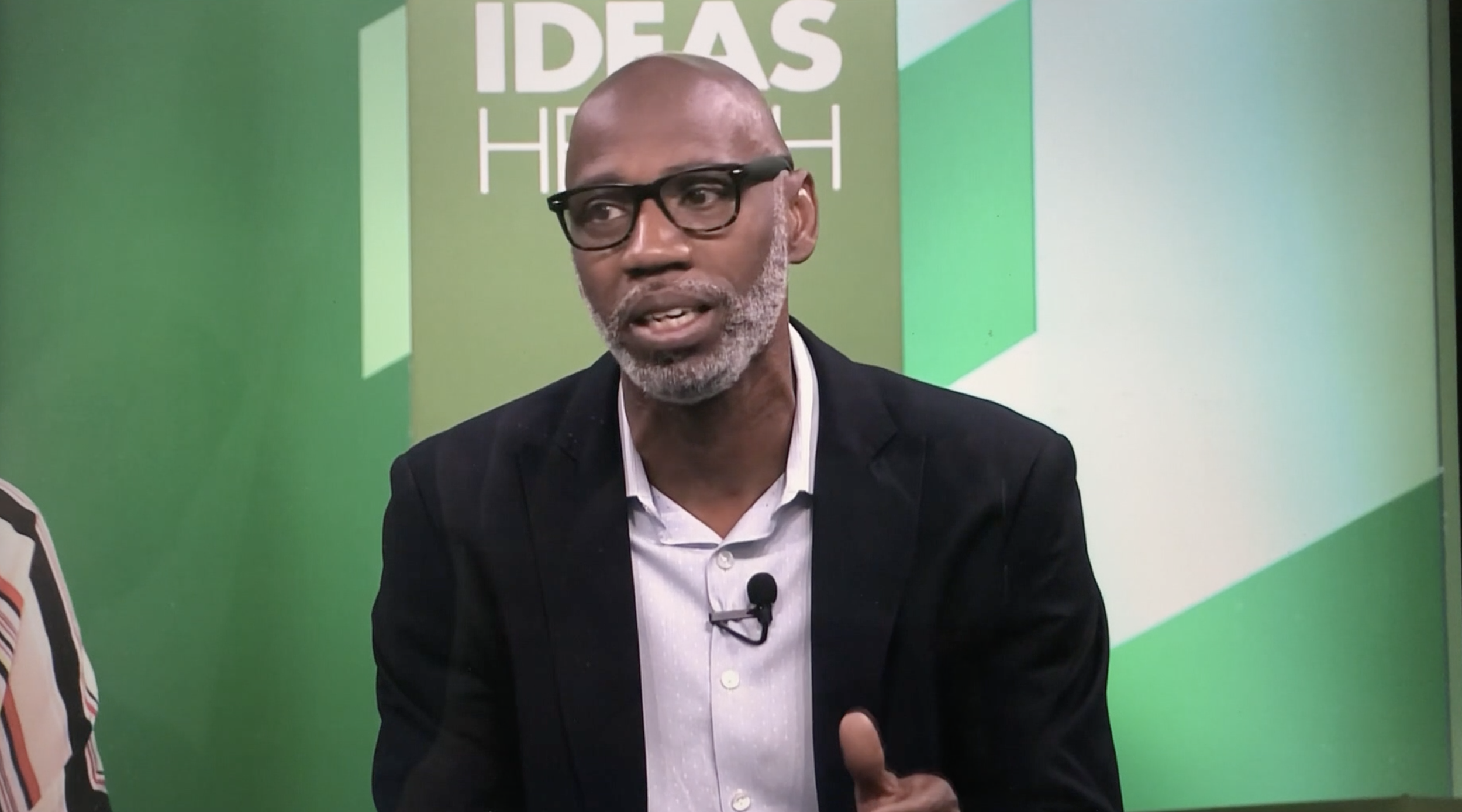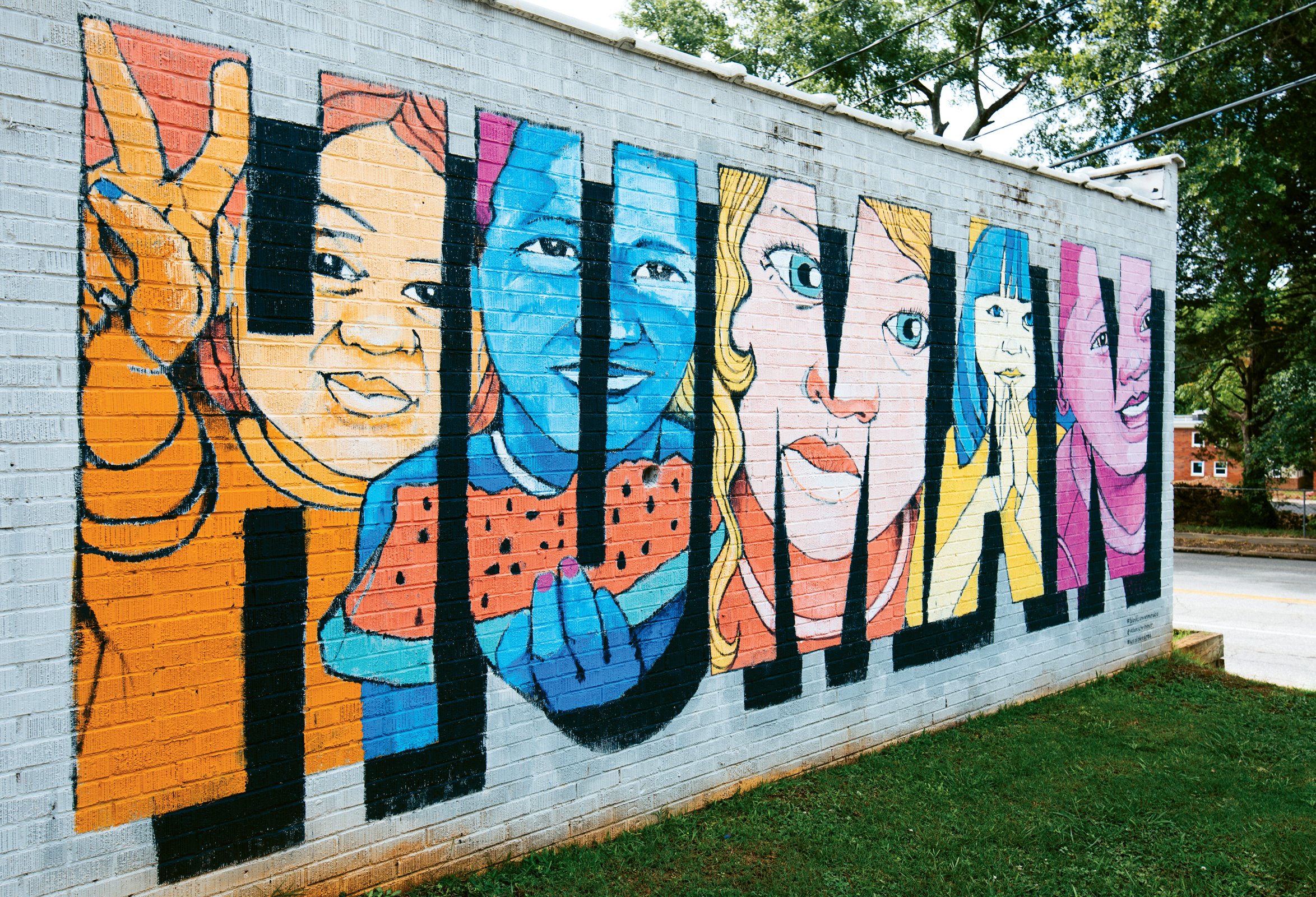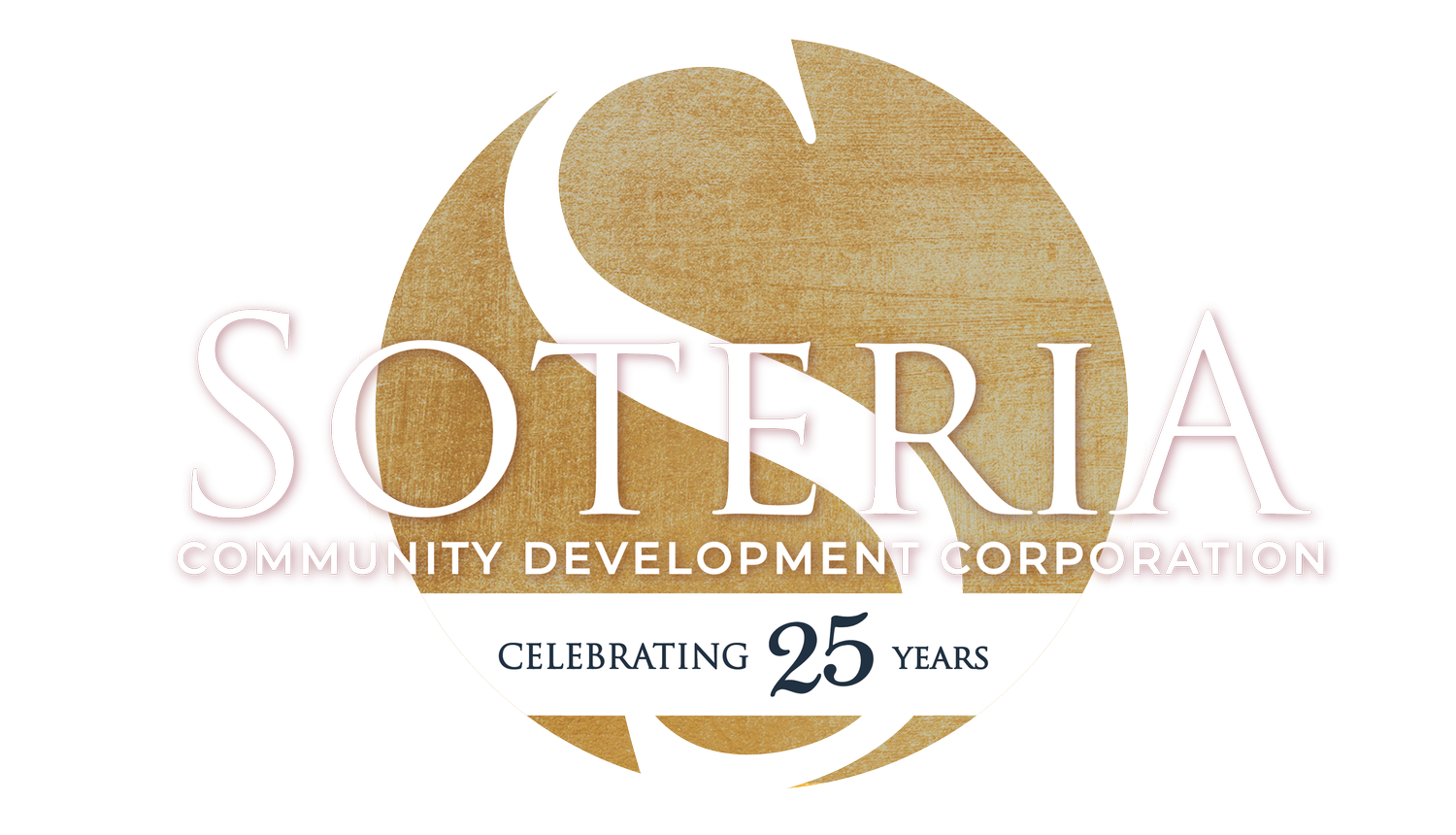
The Reality
Over 700,000 people are released from State & Federal prisons annually.
Nearly 60% are unemployed after 1 year.
50% are rearrested within 12 months of release.
67% are rearrested within 36 months of release.
Source: National Institute of Justice, US Bureau of Justice Statistics
10 million children in the US have had a parent incarcerated.
70% of them will serve time in prison as well.
Source: Pew Charitable Trusts
Local Stats
In FY 2021, Greenville county released 598 individuals from prison, accounting for 10.5% of South Carolina’s releases and the #1 county for releasing. However, we are also the #1 highest committing county, accounting for 10.1% of the states incarcerated population, so this statistic isn’t as positive as it sounds.
In South Carolina 678 per 100,000 people are incarcerated a year, with hundreds coming in and out of the system on a flowing basis.
How do we ensure that healthy, productive lives are an option within reach?
The Solution
Education
SC Department of Corrections reports that in 2021, 49% of those incarcerated did not have a high school diploma or GED.
Education Reduces Recidivism:
1993: While Texas’ average rate of re-incarceration was 60%, college-in-prison graduates recidivized at the following rates: Associate degrees, 13.7%; Bachelor’s degrees, 5.6%; Master’s degrees, 0%. The more education, the less recidivism.
Source: St. Louis University Study | Access to Pell Grants for Incarcerated Persons2001 study of the Bedford Hills, New York maximum security prison found that college-in-prison graduates’ low re-incarceration rates brought a savings of $900,000 per 100 prisoners over a two year period.
Source: St. Louis University Study | Access to Pell Grants for Incarcerated PersonsIn 1993-1994 the Pell grants used by prisoners amounted to 1/10 of 1 % of the entire Pell program. No qualified law-abiding student was denied a grant because of prisoner education.
Source: St. Louis University Study | Access to Pell Grants for Incarcerated Persons
Soteria’s Impact through Education
We advocate to bring back Pell Grants.
We educate individuals enrolled in the Soteria House with job training skills, financial skills, discipleship, and we help them attain GEDs and post-high school certifications.
Employment
People need stable jobs and steady income to support a lifestyle that contributes positively to our society.
Employment Obstacles:
Employers are reluctant to hire those with criminal records
Lack of previous education or employment history
Gaps in work history during the prison term
Source: urban.org
Soteria’s Impact
We advocate for expungement legislation.
We provide job training.
We provide jobs.
“Nothing stops a bullet like a job.”
Housing
Very few people have a safe and healthy home waiting for them once their time has been served. Most likely, “home” is a place they must avoid in order to turn their lives around – and/or – a place where they are not welcome due to the lifestyle that led to incarceration. Also, previous convictions often revoke eligibility for public housing. Should the person return to their family, they would all lose their home.
Where do people go upon release?
Shelters
Transitional homes
The streets
Soteria provides Housing
Soteria provides transitional housing for up to 16 men and 16 women upon release for 6 – 12 months.
Soteria manages 14 low income rental homes for men, women, and their families who successfully completed their time at Soteria House.

Words Matter
Let’s change the narrative when we talk about criminal justice. Instead of “Ex-Con”, “Criminal”, or “Felon”, choose words that acknowledge that crime is the action, not the person. Instead, use terms like “people who were previously incarcerated” or “people with felony convictions”.
“Ultimately, our humanity depends on everyone’s humanity… each of us is more than the worst thing we’ve ever done. I believe that for every person on the planet. I think if somebody tells a lie, they’re not just a liar. I think if somebody takes something that doesn’t belong to them, they’re not just a thief. I think even if you kill someone, you’re not just a killer. And because of that there’s this basic human dignity that must be respected by law.”
